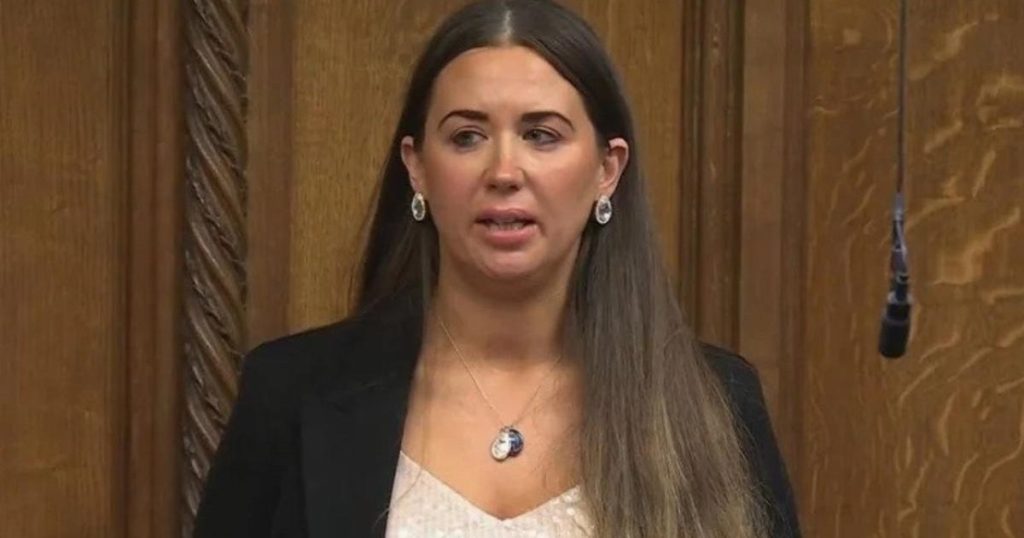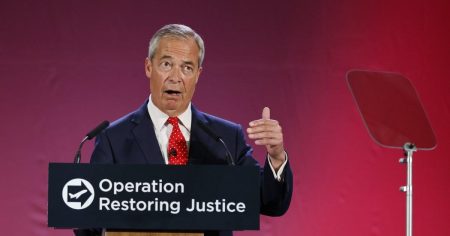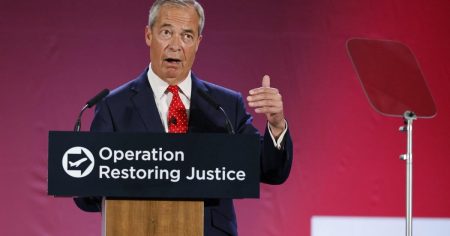Sorcha Eastwood, Alliance MP for Lagan Valley, delivered a harrowing account of the pervasive threat of violence against women, particularly within the political arena. During a parliamentary debate on the issue, she recounted a chilling incident where a member of the public threatened to rape her while she was conducting a school tour at the Stormont parliament building. The brazen nature of the threat, delivered in the presence of children, underscores the deeply ingrained societal acceptance of misogyny and violence that women, particularly those in public life, face. The incident left Eastwood and those around her momentarily paralyzed, highlighting the normalization of such threats and the inadequate responses they often elicit. Eastwood emphasized this was not an isolated incident, having received numerous rape threats since entering politics in 2017. Her testimony painted a stark picture of Northern Ireland as “one of the most dangerous places in Europe to be a woman.”
Eastwood’s experience resonates with a broader campaign launched by Metro UK titled “This Is Not Right,” which aims to expose the epidemic of violence against women. The campaign, launched in November 2024 in partnership with Women’s Aid, seeks to empower readers by sharing stories and fostering dialogue around the issue. It provides a platform for women to share their experiences and aims to raise awareness about the scale and severity of the problem. The campaign encourages readers to engage with the topic and share their own stories, contributing to a collective effort to challenge the status quo and demand change. This initiative highlights the vital role media can play in amplifying marginalized voices and driving societal change.
The debate surrounding Eastwood’s testimony took place against a backdrop of increasing concern over the abuse faced by MPs, particularly online. The toxic online environment, often fueled by influential figures, contributes to the normalization of misogynistic attacks and hate speech. Labour MP Sarah Owen directly addressed this issue, criticizing Elon Musk’s online behavior, particularly his derogatory labeling of fellow MP Jess Phillips. Owen highlighted the historical pattern of powerful women being targeted with misogynistic slurs and emphasized the need to challenge such behavior. This incident illustrates the alarming ease with which online platforms can be weaponized to spread hate and incite violence against women in public life.
The debate also touched upon the controversial case of Reform MP James McMurdock, who has a past conviction for assaulting his girlfriend. Conservative MP Ben Obese-Jecty raised concerns about McMurdock’s presence in Parliament, arguing that a conviction for violent assault should disqualify an individual from holding public office. He argued that individuals convicted of such crimes forfeit certain privileges, including the right to serve as a Member of Parliament. This raises important questions about accountability and the standards expected of elected officials, particularly in the context of a debate on violence against women. Obese-Jecty’s intervention highlights the need for robust mechanisms within political institutions to address issues of misconduct and ensure the safety and well-being of women within the political sphere.
Eastwood’s powerful testimony and the subsequent debate underscore the urgent need for comprehensive action to address the pervasive issue of violence against women. The normalization of threats and the inadequate responses highlight systemic failings that need to be addressed. From challenging online hate speech to holding perpetrators accountable and ensuring the safety of women in public spaces, a multi-pronged approach is required to tackle this complex societal problem. The “This Is Not Right” campaign provides a valuable platform for raising awareness and fostering dialogue, but ultimately, sustained legislative action and societal change are required to effectively combat violence against women.
The emotional outpouring of support for Eastwood from fellow MPs, including Jess Phillips, demonstrates a growing cross-party recognition of the severity of the problem. This solidarity is crucial in challenging the culture of silence and impunity that often surrounds violence against women. The debate sparked by Eastwood’s testimony serves as a call to action for politicians, policymakers, and society as a whole to prioritize the safety and well-being of women and girls. Only through sustained commitment and collaborative efforts can real progress be made in eradicating violence against women and creating a more equitable and just society. The testimonies and interventions during this debate provide a crucial starting point for further discussion and action.











